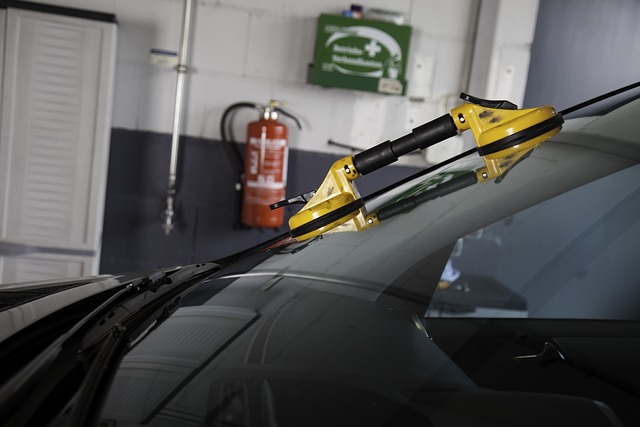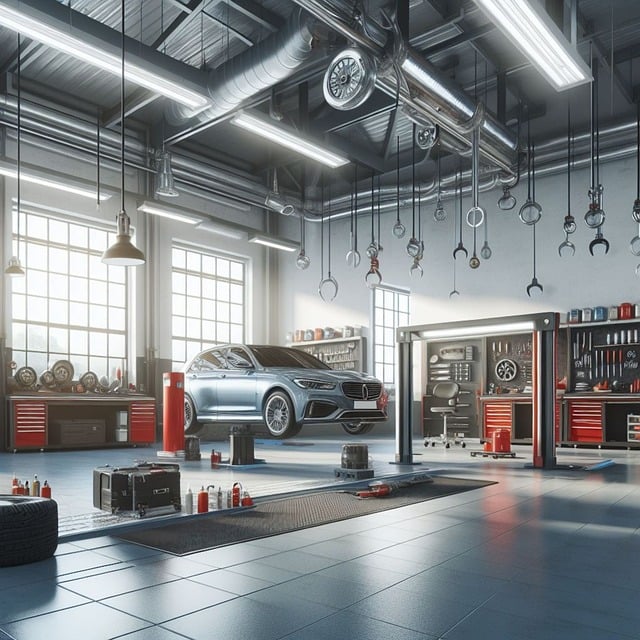When it comes to keeping your vehicle in top shape, understanding car repair costs is crucial. The debate often boils down to whether to choose a dealership or a local shop for your vehicle maintenance needs. Each option has its advantages and disadvantages, and the best choice for you will depend on several factors, including the type of repairs needed, your budget, and the quality of service you expect.
This comprehensive guide dives deep into the various aspects of car repair services, providing a clear picture of your options. Let’s explore the costs, services, and overall value each option offers.
Understanding Dealership Repair Costs
Pricing Structure at Dealerships
When you walk into a dealership, you’re often met with a specific pricing structure for automotive service costs. Dealerships typically charge higher labor rates due to their specialized training and advanced diagnostic equipment. Here’s a breakdown of what you can expect:
- Labor Rates: Dealerships often charge anywhere from $100 to $175 per hour, depending on the brand and location.
- Parts Costs: OEM (Original Equipment Manufacturer) parts are used, which are more expensive than aftermarket parts. For instance, a brake pad set may cost around $150 for OEM parts, whereas an aftermarket set might only be $75.
Advantages of Choosing Dealerships
While the costs at dealerships can be higher, they offer several advantages:
- Expert Technicians: Dealership technicians are often factory-trained, ensuring they have specialized knowledge of your vehicle’s make and model.
- OEM Parts vs. Aftermarket Parts: Using OEM parts guarantees compatibility and reliability, which can be critical for some repairs.
- Warranty Coverage: Many dealerships offer warranty coverage on repairs, providing peace of mind that if something goes wrong, you won’t incur additional costs.
For example, if you need a software update for your vehicle’s navigation system, a dealership is likely the best place to ensure you receive the most current version.
Exploring Local Auto Repair Shops

Cost Benefits of Local Shops
Local auto repair shops can be a budget-friendly alternative to dealerships. They typically offer lower prices due to reduced overhead costs. Here’s how their costs compare:
| Service Type | Dealership Cost | Local Shop Cost |
| Oil Change | $50 – $100 | $30 – $70 |
| Brake Pad Replacement | $300 – $500 | $200 – $350 |
| Engine Diagnostics | $120 – $200 | $80 – $150 |
| Transmission Service | $500 – $1,200 | $400 – $900 |
Quality of Service at Local Shops
Local mechanics often pride themselves on their customer service. Here are some reasons why choosing a local shop can be beneficial:
- Personalized Service: Local shops often provide a more personalized experience, where you can build relationships with the mechanics.
- Flexibility: Many local mechanics are willing to negotiate costs or offer discounts, especially for repeat customers.
- Customer Reviews: Checking online reviews can help you find a reputable local shop with high customer satisfaction ratings.
For example, a recent review on a local shop in Parma, Ohio, highlighted their efficiency and transparency in pricing, which made the customer feel valued.
Comparative Analysis: Dealerships vs. Local Shops
Price Comparison
The decision between a dealership and a local shop often comes down to cost. For a routine oil change, a local shop may charge significantly less than a dealership. However, if your vehicle requires specialized services or OEM parts, the dealership might offer a better value.
- Example Case Study: A Honda Civic owner needed new brakes. The dealership quoted $400 for parts and labor, while a local shop offered a similar service for $250. After researching, the owner opted for the local shop, which provided the same level of service without the dealership price tag.
Quality of Service
While cost is important, the quality of service is equally critical. Here are some factors to consider:
- Expertise: Dealerships typically have technicians trained specifically for their vehicles, while local shops may have a broader range of expertise.
- Diagnostic Equipment: Dealerships usually have access to the latest diagnostic tools, ensuring accurate repairs. However, many local shops invest in comparable technology to compete effectively.
To ensure you receive high-quality repairs, check for certifications and customer reviews of both dealerships and local shops.
Choosing the Right Option for You

Assessing Your Car’s Needs
Determining the right choice for your car repair options begins with understanding your vehicle’s specific needs. Consider:
- Type of Repair Needed: For routine maintenance like oil changes or tire rotations, local shops are often more cost-effective. However, for specialized repairs, such as engine work or recalls, a dealership may be more suitable.
- Warranty Coverage: If your vehicle is still under warranty, it’s essential to know that some warranties require you to use dealership services for repairs to maintain coverage.
Personal Preferences
Personal preferences play a significant role in your decision. Reflect on the following:
- Trust and Comfort: Are you more comfortable with a local mechanic you’ve known for years, or do you prefer the brand assurance of a dealership?
- Convenience: Consider the location and hours of operation for both options. Local shops might offer more flexible hours than dealerships.
Additional Considerations Beyond Cost
Warranty Implications
Understanding your vehicle’s warranty coverage is essential. If your vehicle is under warranty, many manufacturers require you to use dealership service to maintain that coverage. Failing to do so could result in voiding your warranty, leading to more significant costs in the long run.
Time and Convenience
When comparing repair turnaround times, consider the following:
- Dealerships typically have more staff and resources, which may mean quicker service for common repairs.
- Local Shops might offer more flexibility in scheduling and personalized service, potentially resulting in faster repairs in some cases.
Communication and Transparency
Clear communication is key when it comes to car repairs. Ensure you receive detailed explanations of the services performed and any recommended additional work. Both dealerships and local shops should provide transparency regarding pricing, parts used, and expected timelines.
The Bottom Line
In conclusion, both dealerships and local auto repair shops have their strengths and weaknesses when it comes to automotive service costs. If you value specialized knowledge and OEM parts, a dealership may be the best choice. However, for routine maintenance and more budget-friendly repairs, local mechanics can offer competitive pricing and personalized service.
Key Takeaways
- Cost Differences: Local shops generally offer more competitive pricing than dealerships, particularly for routine maintenance.
- Service Quality: Dealerships provide specialized expertise and access to OEM parts, while local shops can offer personalized service and flexibility.
- Consider Your Needs: Assess the type of repairs your vehicle requires, your warranty coverage, and your personal preferences to make the best choice.
Get Exceptional Service from Local Experts
If you’re in need of reliable car repair services, consider visiting a local shop. Always take the time to research and ask for quotes before making a decision. With a little effort, you can find a trusted mechanic who provides cost-effective solutions without compromising on repair quality.
In the end, whether you choose a dealership or a local auto repair shop, being informed will help you navigate the complexities of car repairs, ensuring your vehicle stays in top condition for years to come.
Also Read More Article : What Kind of Cars Do Truck Drivers Own?
